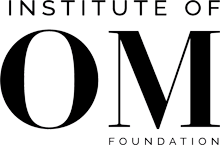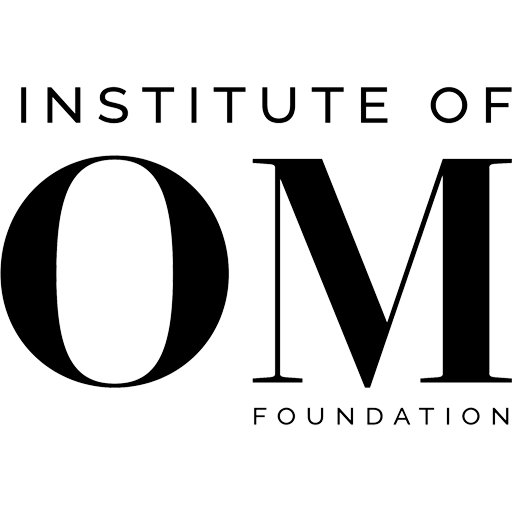Roland Griffiths, a Professor in the Departments of Psychiatry and Neurosciences at the Johns Hopkins School of Medicine, developed a 30 question “Mystical Experience Questionnaire”, or MEQ30, which provides a validated and quantitative measure of mystical experience. This survey is fundamental to studying and understanding the healing abilities of psychedelics at Universities around the world.
This questionnaire was used by Siegel to measure over 780 practitioners of Orgasmic Meditation with an age range from under 30 to over 80.
The MEQ measures four different aspects of the mystical experience: mystical (feelings of oneness); transcendence (loss of boundaries of time and space); ineffability (inability to put the experience into words); and positive mood.
Respondents were asked to recall their strongest Orgasmic Meditation experience and then complete the MEQ survey. Over half (62 %) of respondents scored “high” across all components of having a mystical experience questionnaire, which Dr. Vivian Siegel described as a “complete mystical experience.” This is a level of mystical experience comparable to the maximum dose of psilocybin used in a 2011 study by Griffiths.
A follow up survey, of the same cohort of participants, was conducted where both OM practitioners took the survey immediately after practicing OM. In this survey, practitioner partners report a similar intensity of experience in the same session. The intensity of the session was reported by both ‘stroker’ and ‘strokee’. It was not dependent on being in one or the other position. Compared to the prior survey, that tested the strongest OM experience in a participant’s memory, this survey of an ordinary session of OM found that 23 percent of people scored a “complete mystical experience” which would be equivalent to the moderate dose of psilocybin used in the 2011 study by Griffiths.
In short, the results:
- There was a statistically significant result (62%) showing that people who practice OM experience a mystical experience when recalling their most powerful session.
-
Johns Hopkins researchers have shown that psilocybin relieves depression in 60 percent of people who have a mystical experience when using it in a therapeutic context. Based on the level of mystical experience with OM, it is possible OM could provide similar benefits.
-
The results of the MEQ study suggest that the practice of OM has similar benefits to the therapeutic doses of psilocybin, and OM could be a possible replacement or adjacent therapy.
Publications
- Mystical Experience: Both partners practicing orgasmic meditation report having a mystical-type experience: results using the Mystical Experience Questionnaire | F1000 Research 7/22/2021

